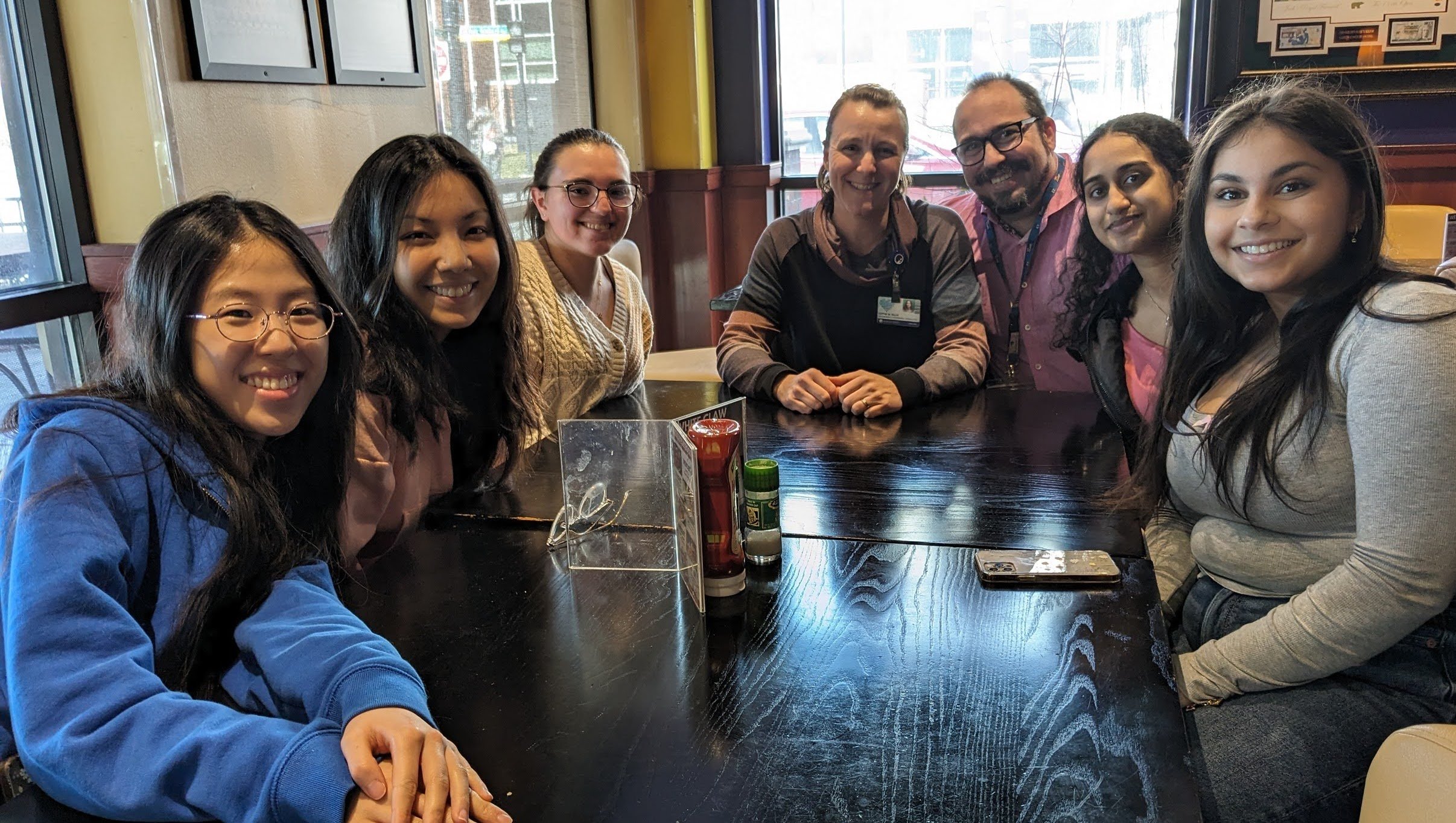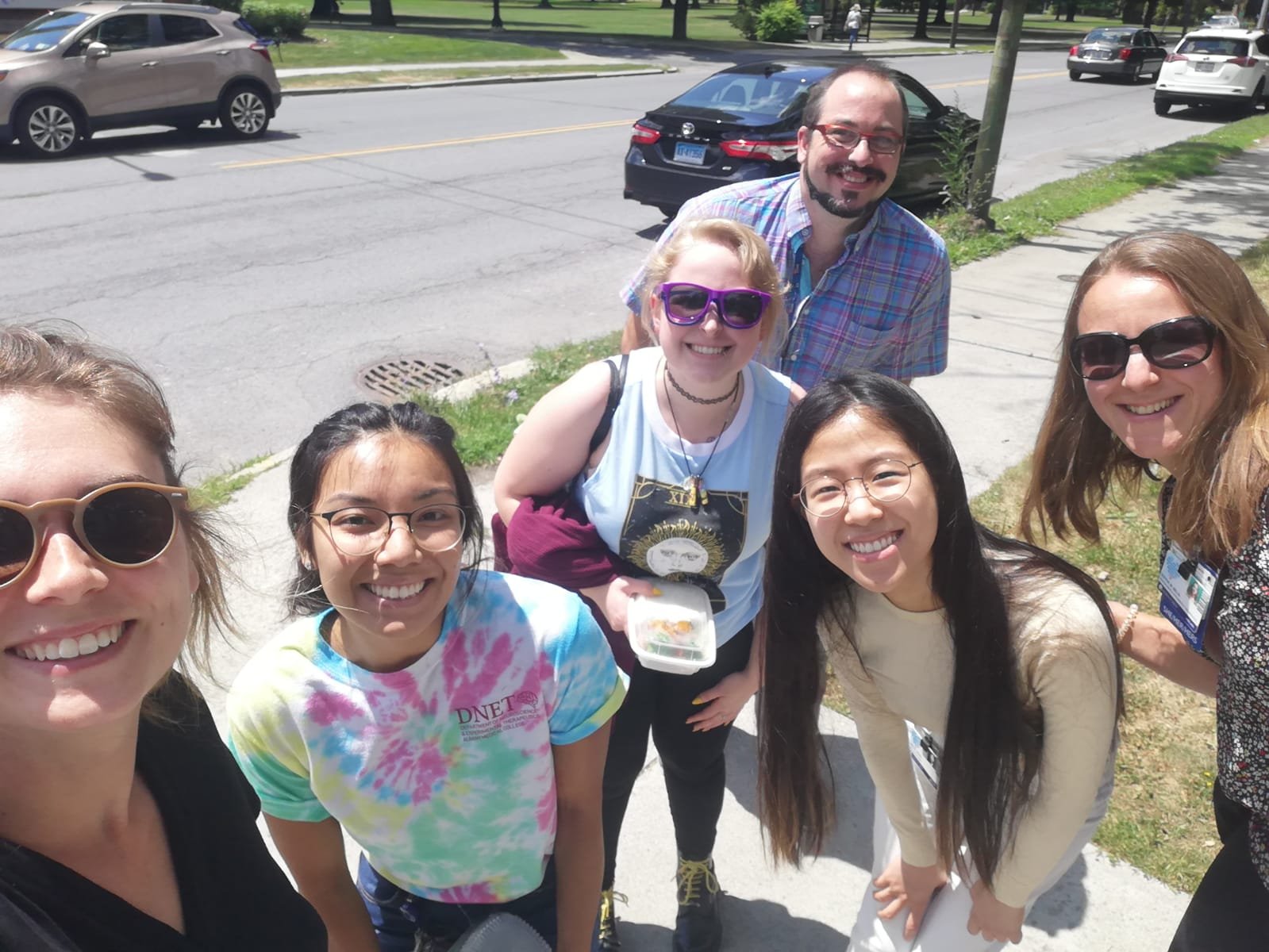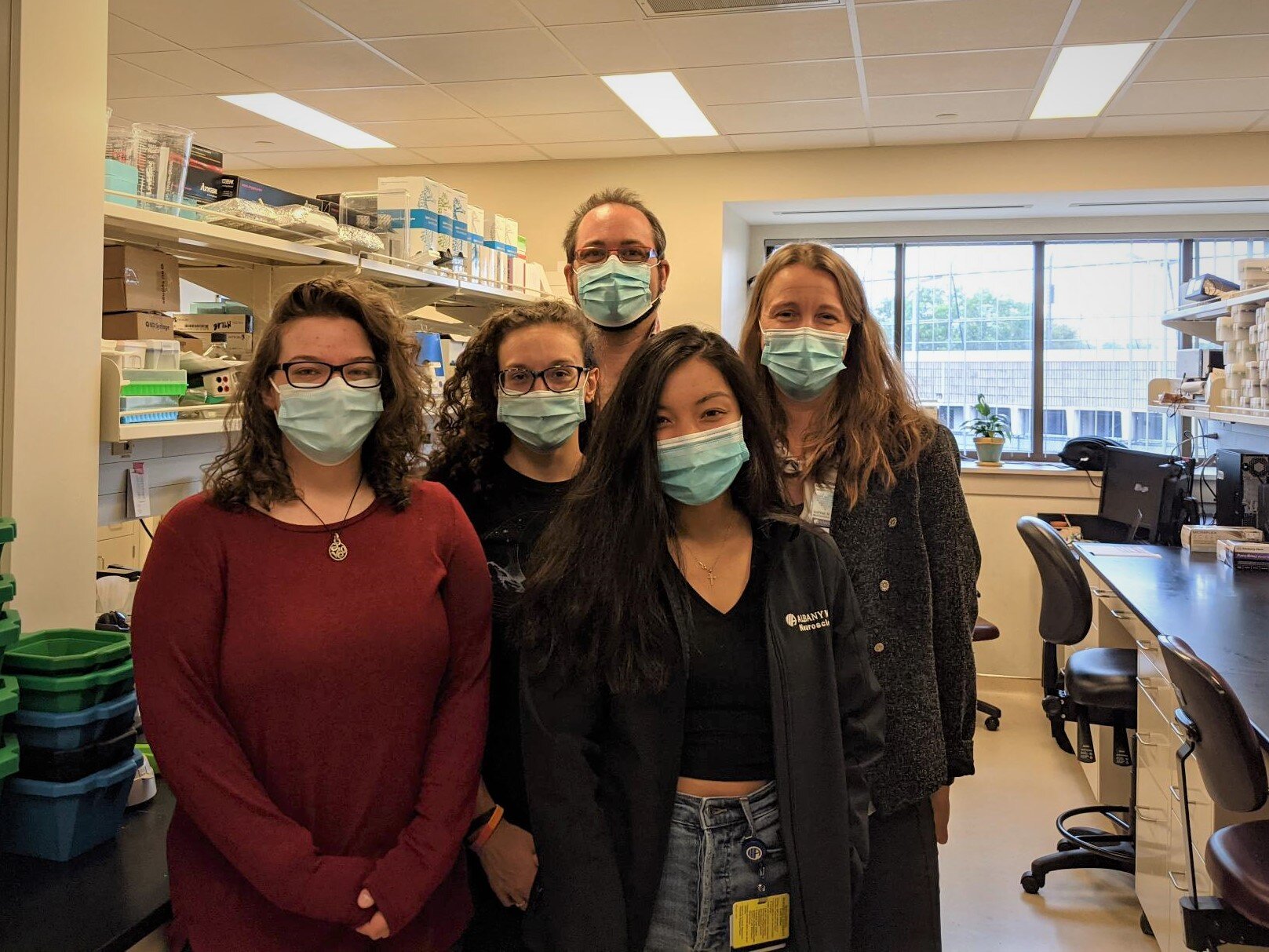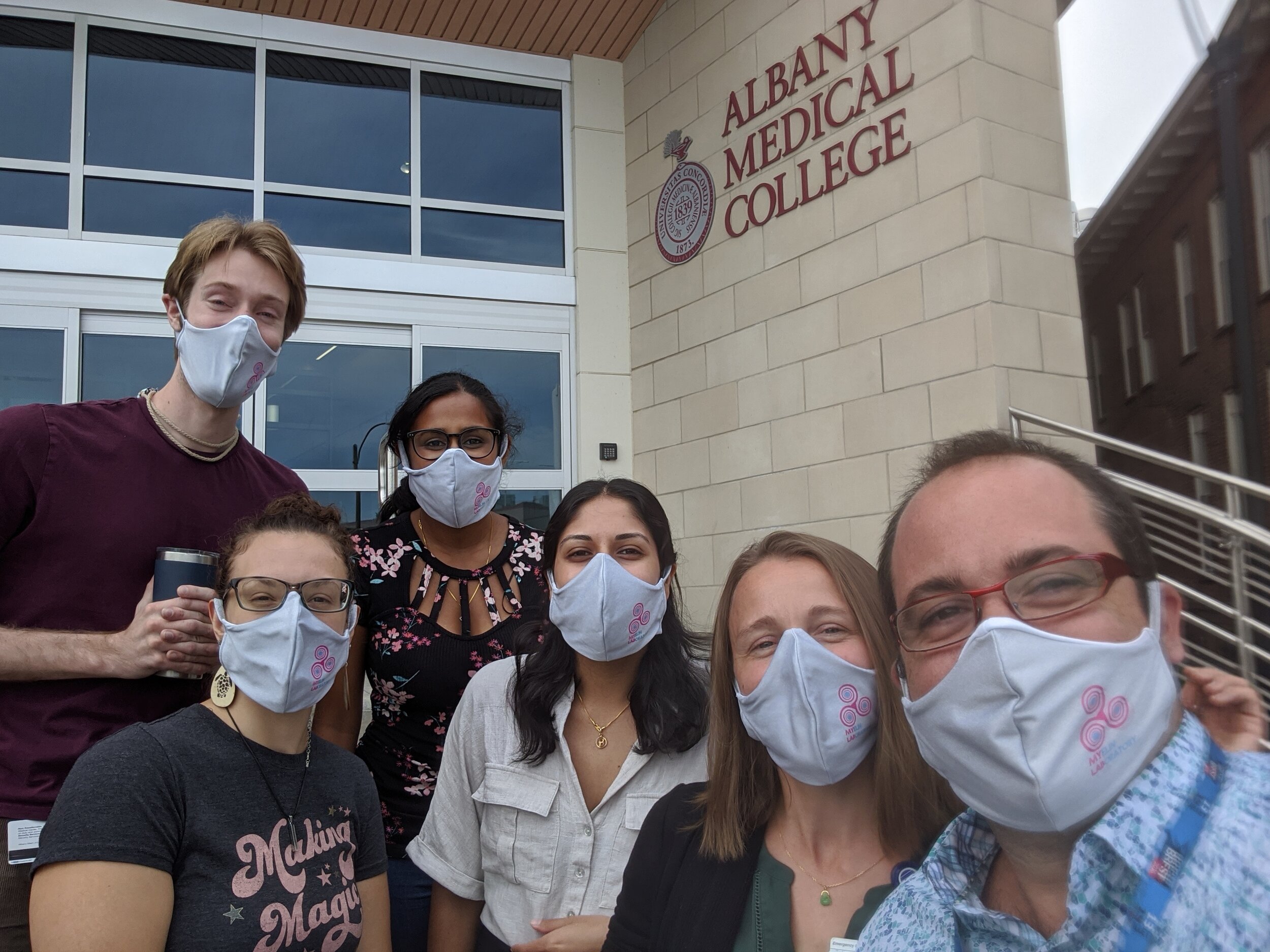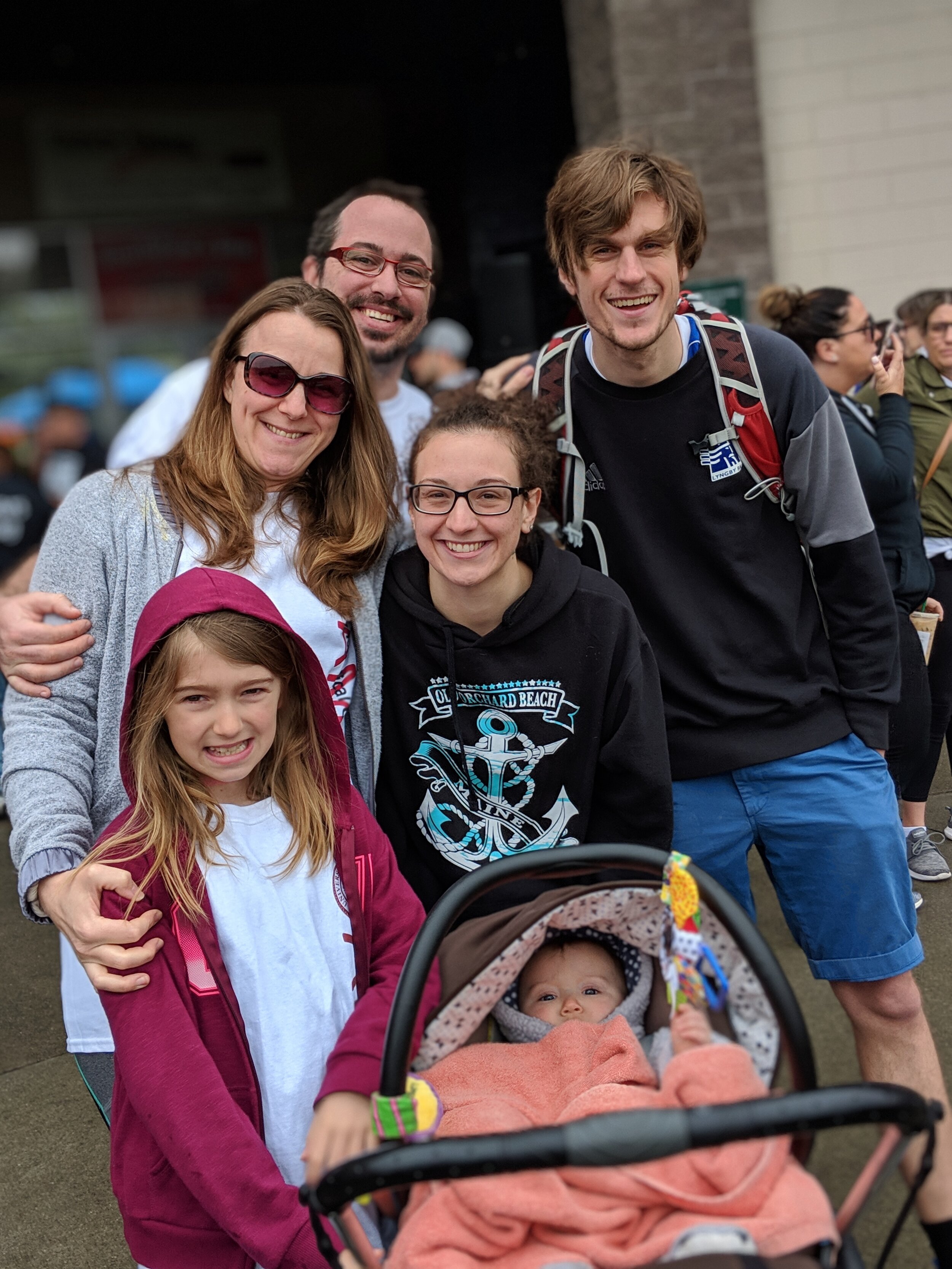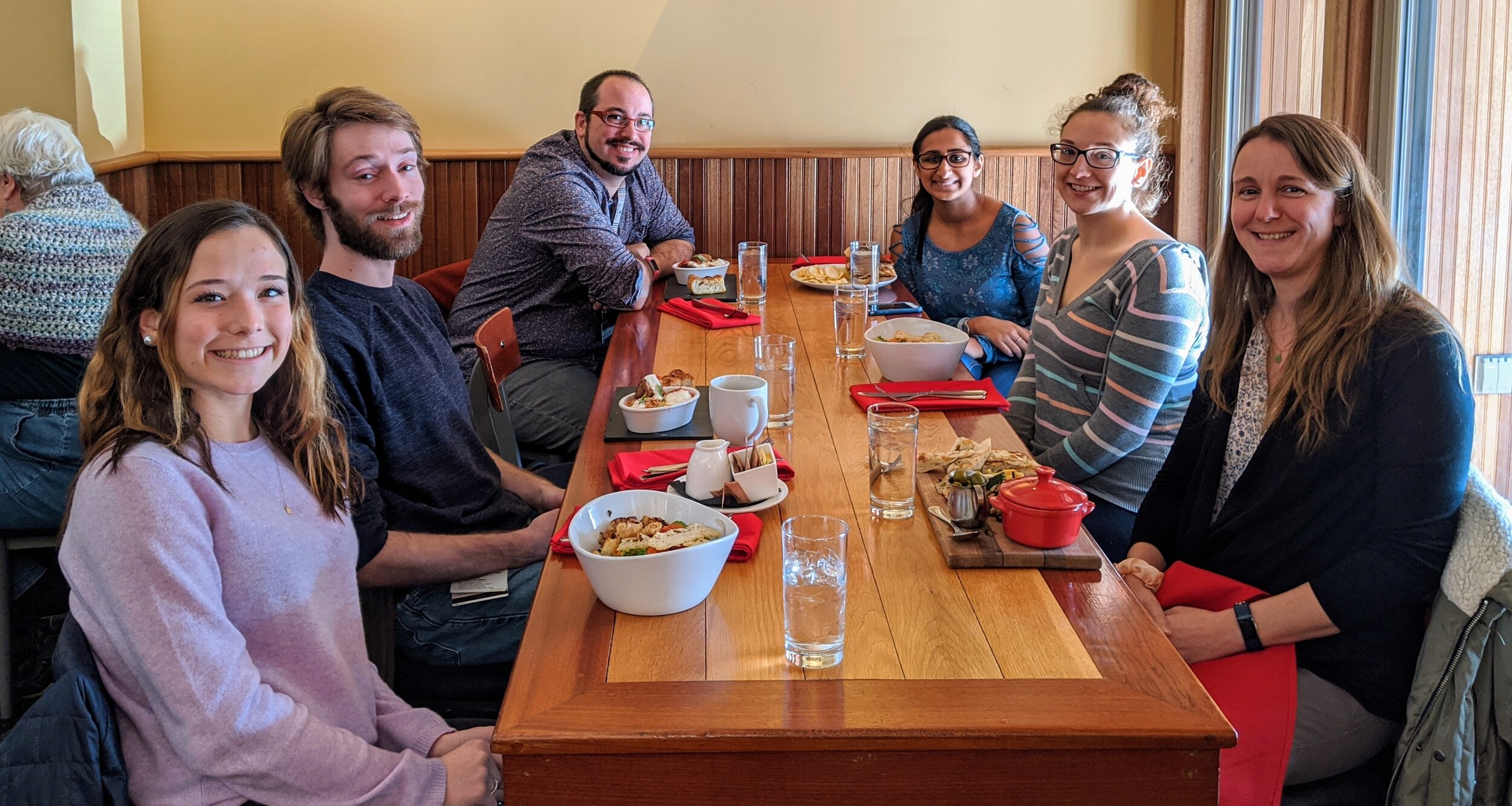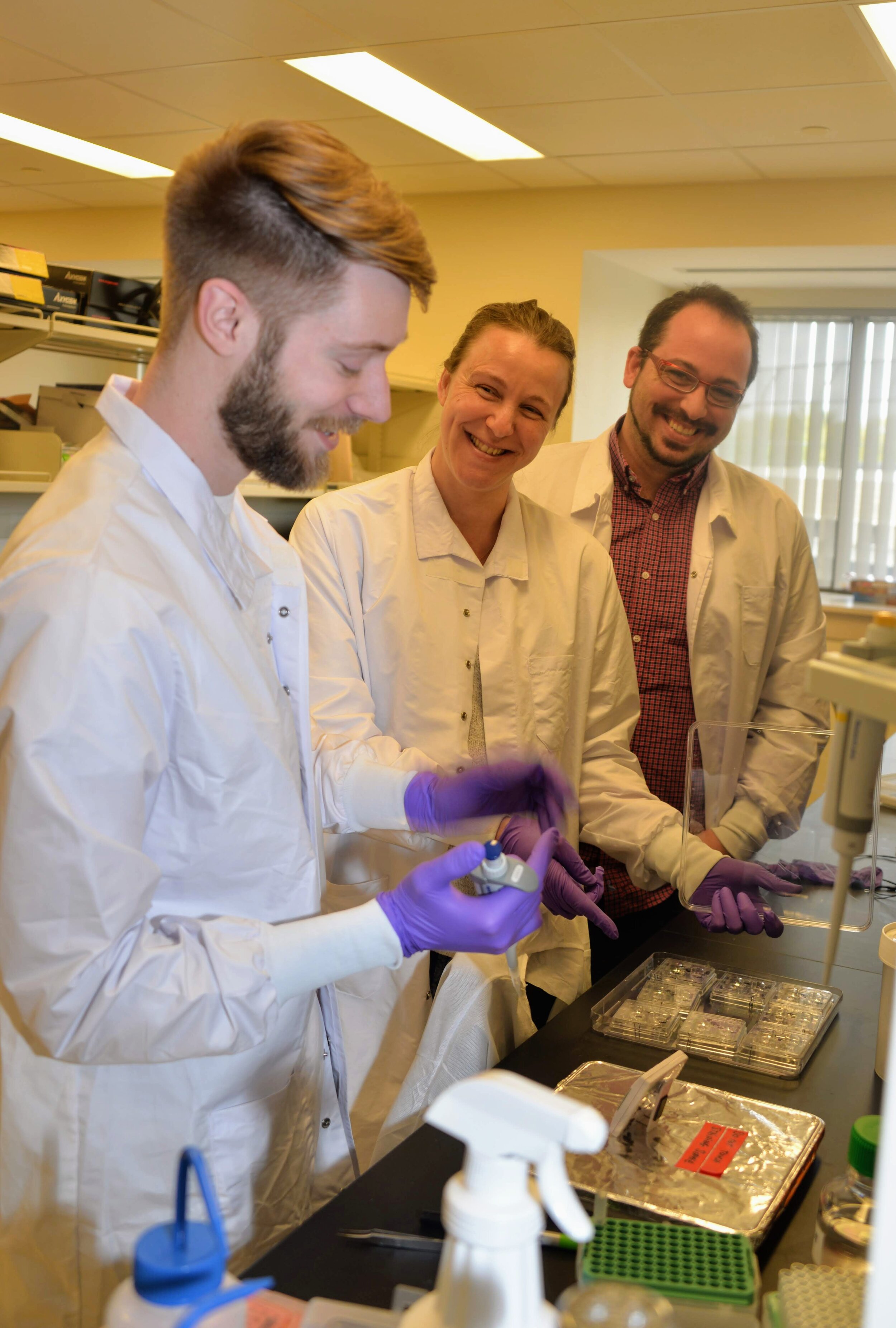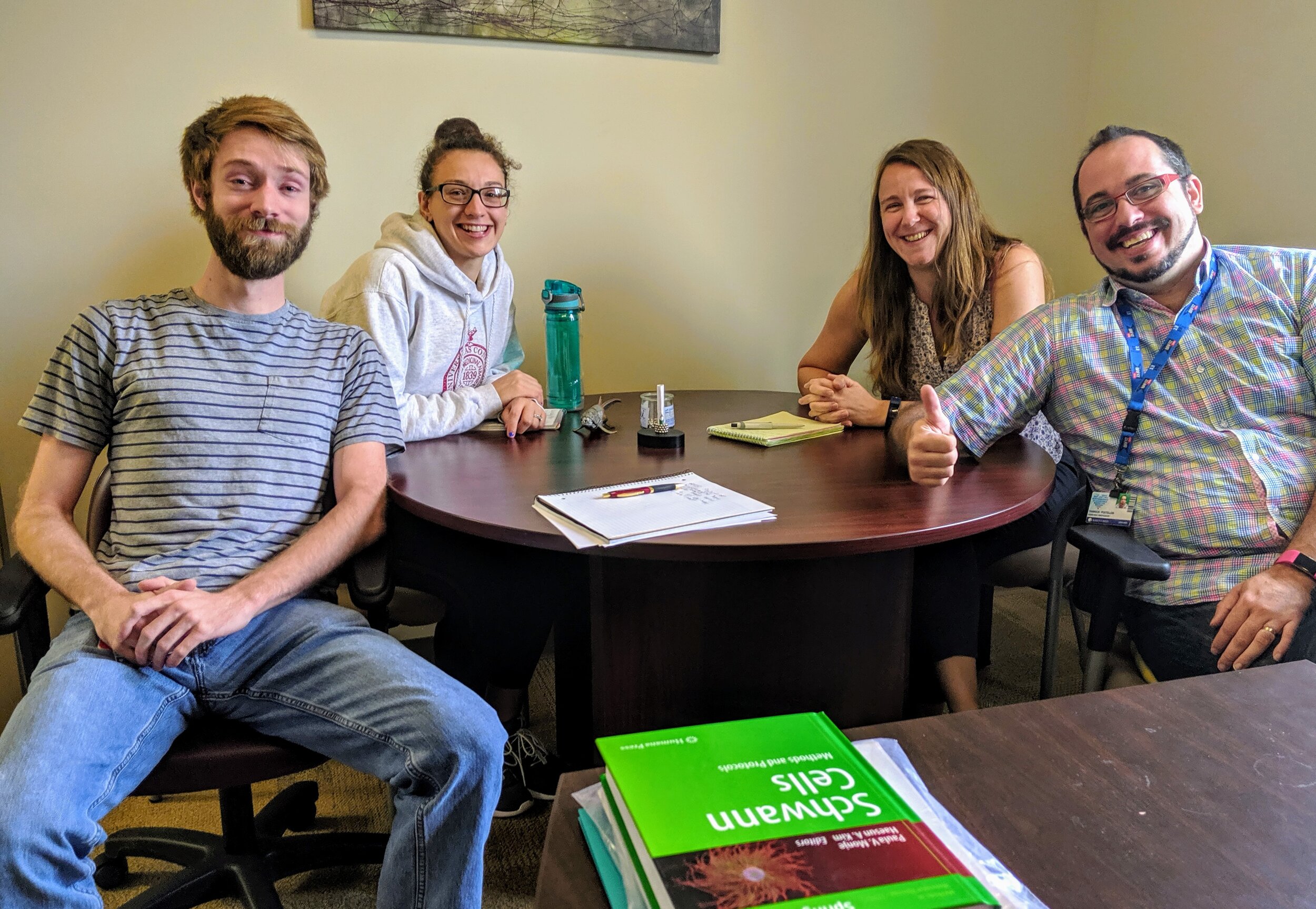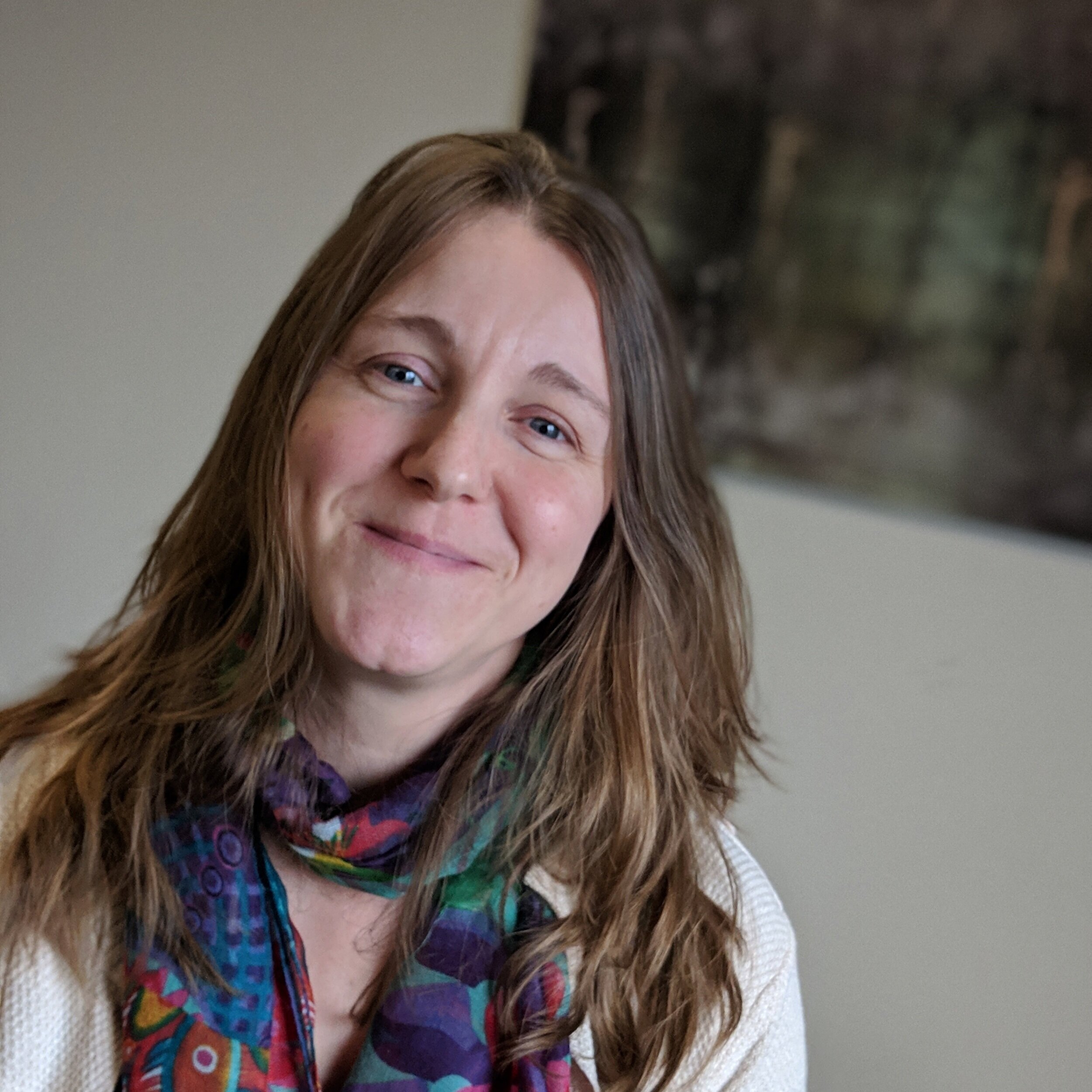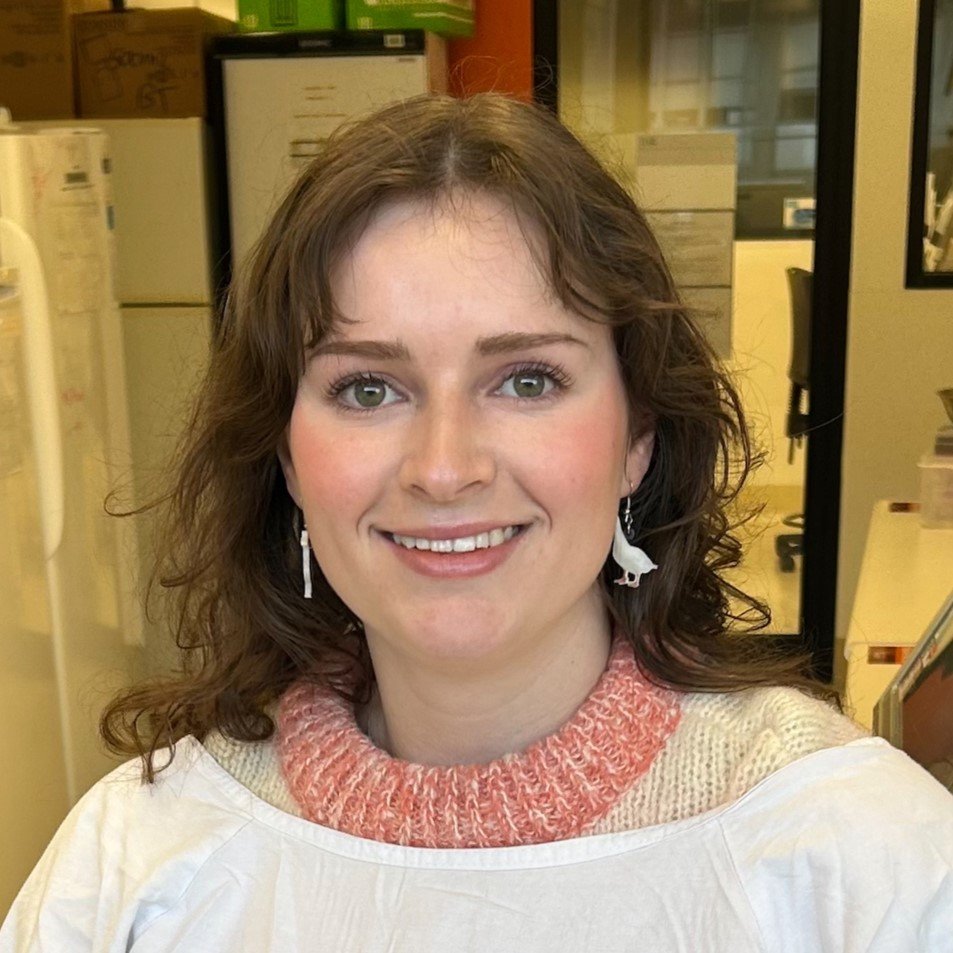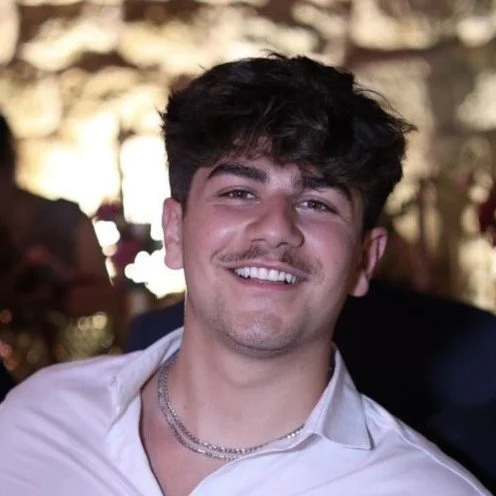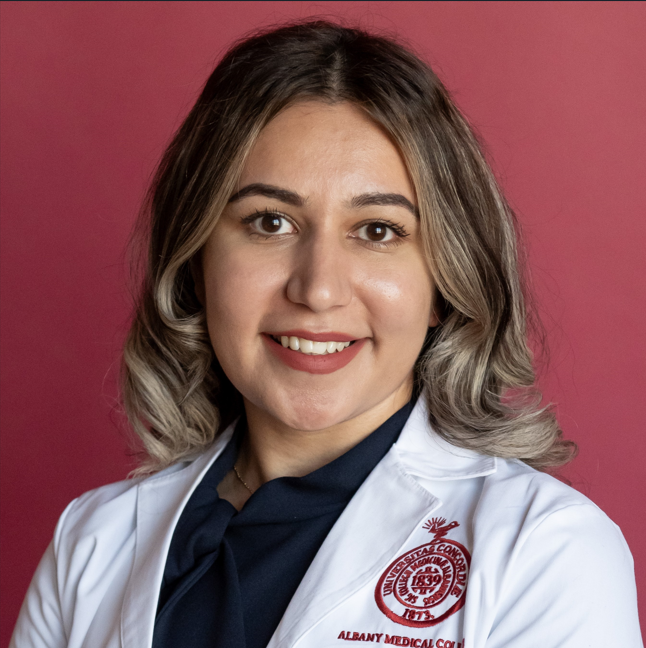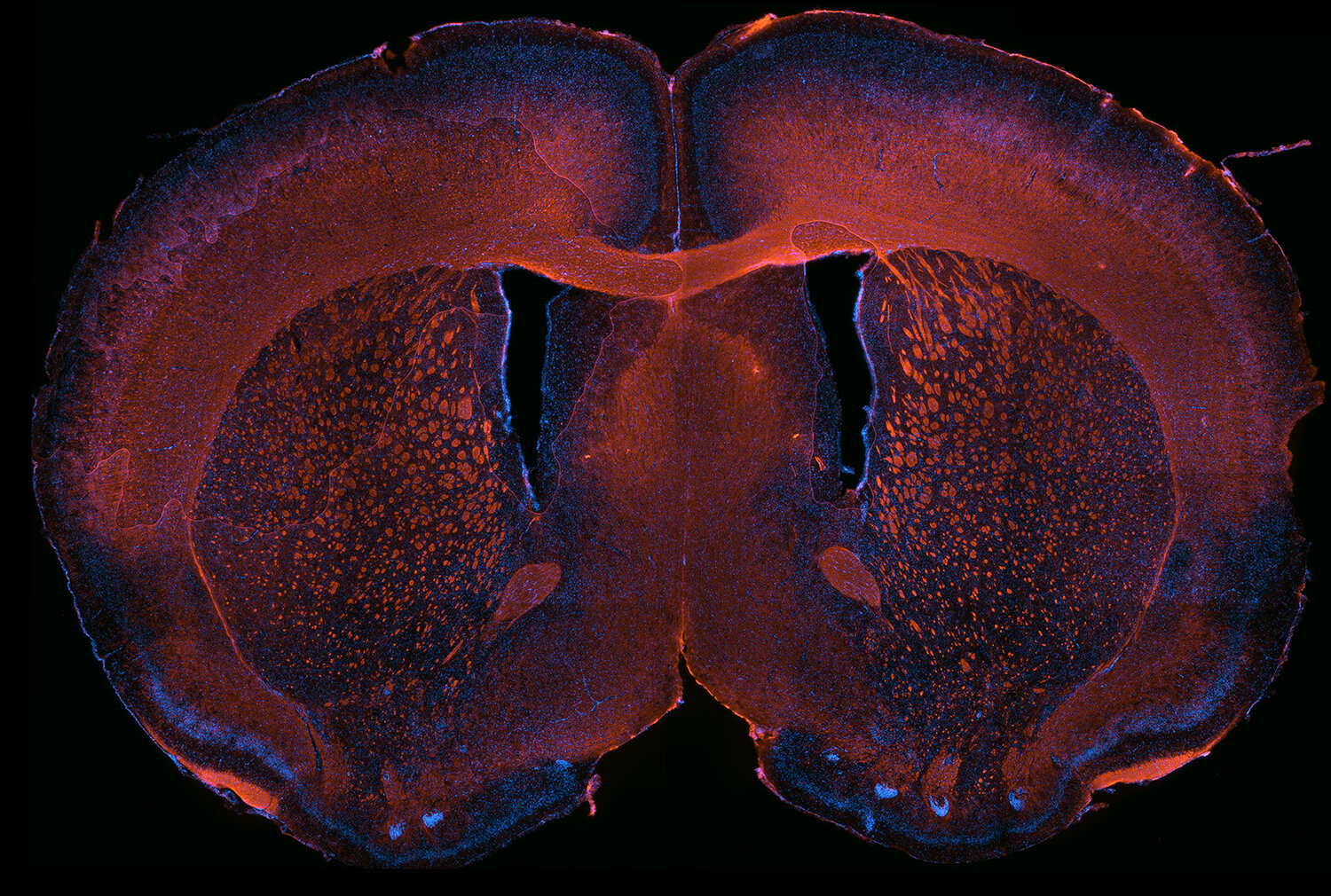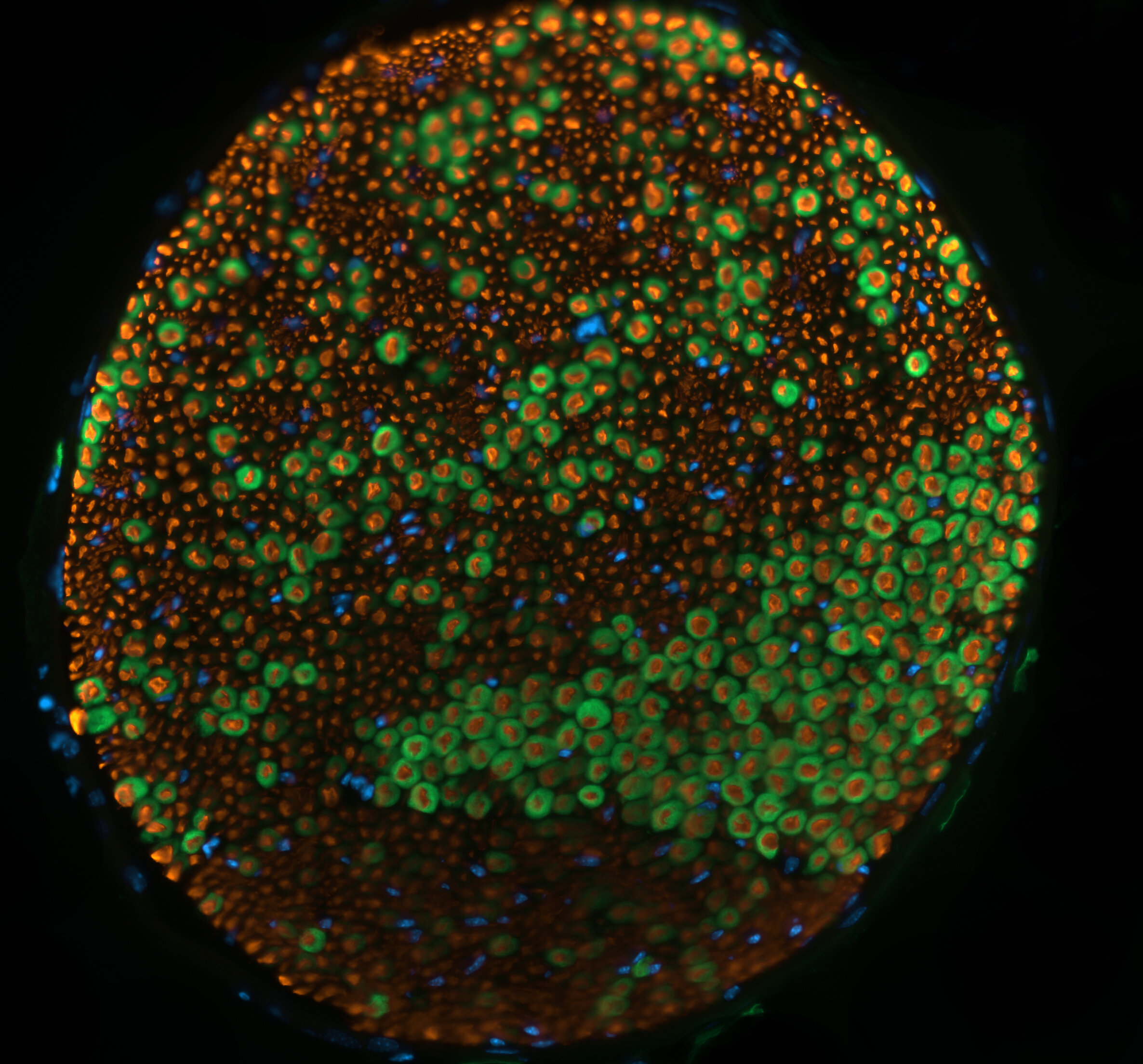
UNLOCKING THE SECRET OF MYELINATION
DEVELOPING EFFECTIVE STRATEGIES FOR MYELIN DISORDERS
OUR RESEARCH
Our laboratory main research areas are myelin and peripheral neuropathies. Myelin insulates axons and is essential for impulse transmission in the nervous system. We are interested in both the development of myelin and how myelin is targeted in genetic, traumatic and acquired disorders. This includes multiple sclerosis, leukodystrophies, Charcot-Marie-Tooth disease, Guillain-Barré syndrome and others. Also recent advances have linked myelin to cognition and several neuropsychiatric diseases such as depression and schizophrenia. To explore both development and disease of myelin, we use a variety of models, including in vitro myelination assays, to study both the genetic control of myelin formation and maintenance and myelin repair. We are especially interested in peripheral neuropathies associated with myelin defects.
Peripheral neuropathies are a major public health problem (affecting ~ 30 million people in the U.S.) with a significant social and economic burden. These diseases severely impact the quality of life for patients whose symptoms can range from numbness, burning pain, loss of sensation, loss of balance, muscle wasting, foot deformities, paralysis, organ dysfunction to amputation. Effective prognosis and treatment of peripheral neuropathies relies heavily on the cause of the nerve damage. There is no effective prevention or cure for inherited peripheral neuropathies, and patient care is limited to treating symptomatic pain relief, which is often suboptimal. Their etiology can be due to axonal damage or to dysfunction of the myelin cells that enwrap peripheral axons in myelin and ensure their survival.
Peripheral Neuropathies
Our current research projects address:
> Mechanical stimulation and peripheral nerve repair
Myelin cells are physiological exposed to mechanical stresses occurring during development, adulthood and injuries. Understanding how mechanical stimuli interfere with the cellular and molecular biology of myelin cells could open new insights to the regulation of the nervous system and treatment approaches in peripheral neuropathies.
> Regulation of neuron-myelin communication
An underappreciated aspect of the neuron-myelin cooperation is how axon communicate with myelin cells. We identify novel signalling pathways to promote myelination and the formation of a functional alternative myelin. We intend to determine if the stimulation of these pathways could be beneficial to therapies against demyelinating disorders.
OUR TEAM
Sophie Belin, M.Sc., Ph.D.
ASSOCIATE PROFESSOR, CO-LEAD OF THE MYELIN LAB
Ph.D. 2009 - Aix Marseille University
A native of France, Sophie earned two M.Sc. degrees, in biochemistry and human pathology from Aix-Marseille University before obtaining a Ph.D. degree in medical genetic. She was trained by leaders in the fields of inherited demyelinating neuropathies (Dr. Michel Fontés, Dr. Alessandra Bolino and Pr. Lawrence Wrabetz) and neurons physiology (Pr. Gabriella Popescu). Her research focuses on the mechanisms and pharmacological approaches of myelinopathies. In addition to research, Sophie is the proud mother of two daughters, Elwenn and Maëlle, an avid baker and a homesteading enthusiast.
Yannick Poitelon, M.Sc., Ph.D.
ASSOCIATE PROFESSOR, CO-LEAD OF THE MYELIN LAB
Ph.D. 2009 - Aix Marseille University
Yannick is an Associate Professor in the Department of Neuroscience and Experimental Therapeutics, Albany Medical College. He was trained by Pr. Laura Feltri and Dr. Valerie Delague. Yannick has a longstanding interest in mechanisms underlying myelin formation in health and disease. His studies have contributed to the understanding of axon-glia interaction, myelinating cells metabolism and provided insights to Charcot-Marie-Tooth disease, a group of inherited neuromuscular disorders affecting the peripheral nervous system. Outside of the lab, he enjoy board games, sci-fi and fantasy media, and cooking.
LAB MEMBERS
Katherine Lewis
PostDOCTORAL Researcher
Ph.D. 2026 - University of Melbourne
Dr. Lewis received the prestigious PNS Laura Feltri Basic Science Fellowship in 2025. Her project in the Myelin Lab focuses on Schwann cell–axon interactions. Katie is also passionate about understanding the mechanisms of Schwann cell repair in peripheral nerve injury.
Jiayue Hong
Ph.D. student, AMC
B.Sc. 2021 - Neuroscience
Amanda Mondschein
Ph.D. student, AMC
B.Sc. 2024 - Psychology
Joe Kobrossi
M.Sc. Student, AMC
B.Sc. 2025 - Biology
-
Liv Harris
Research Assistant
B.Sc. 2025 - Biomedical Sciences
-
Khushi Panchal
Research Assistant
B.Sc. 2025 - Biological Sciences
-
Marie Collison
Research Assistant
B.Sc. 2025 - Biology
Hasitha Nimmagadda
M.D. student, AMC
-
Saba Saiel-Bayot
M.D. student, AMC
-
Julianne French
B.A. Student, SIENA College
-
Zobia Chaudry
B.S. Student, RPI
-
SOME OF OUR ALUMNI & THEIR NEXT POSITION
Graduate students
Haley Jeanette, Clinical Research Coordinator @ Neurological Associates of Albany
Rebekah Garfolo, Research Associate @ Modalis Therapeutics
Clémence Roué, Ph.D. student @ Institute for Neurosciences of Montpellier
Medical students
Sejal Kabre, M.D. (OB/GYN) @ Bridgeport, CT
High School students
Grace Davis, Research Scientist @ University of Washington
Rachel Close, B.Sc. student @ Cornell University
Eujeong Choi, B.Sc. student @ Stanford University
Onovughapkor Otitigbe Dangerfield, B.Sc. student @ Harvard University
Kaitlin Munro, B.Sc. student @ Dartmouth College
Postdoctoral researchers
Jenica Acheta, Senior Analytical Scientist @ Regeneron
Undergrad trainees
Jacob Herron, Quality control scientist @ Regeneron
Sarah Haslam, Ph.D. student @ University of Utah
Kyle Rich, Microbiologist @ Curia Global
Urja Bhatia, Ph.D. student @ Kent State University
Tasnim Naina, M.D. student @ Stony Brook School of Medicine
Brianna Beck, Lab Manager @ SUNY Buffalo
Julia Zajaceskowksi, Clinical Research Coordinator @ Albany Med
Sophia Elston, Clinical Research Coordinator @ SUNY Upstate
Ethan McFarland, D.O. student @ Lake Erie College of Osteopathic Medicine
RECENT PUBLICATIONS
- 3 most recent years -
Acheta J, Mondschein AS, Collison M, Jeanette H, Lanka M, Belin S, Poitelon Y. Low-Intensity Ultrasound Stimulates TAZ in Schwann cells. Glial Health Research 2025; 2:e100011.
Della-Flora Nunes G, Hong J, Garfolo R, Acheta J, Mondschein AS, Harris OM, Panchal K, Jourd'heuil FL, Jourd'heuil D, Poitelon Y, Belin S. PMP2 Enhances Schwann Cell Metabolism and Promotes Myelination. J Neurochem. 2025 Oct;169(10):e70265.
Taroc EZM, Amato E Jr, Semon AM, Dolphin N, Beck B, Belin S, Poitelon Y, Forni PE. Shared Lineage, Distinct Outcomes: Yap and Taz Loss Differentially Impact Schwann and Olfactory Ensheathing Cell Development Without Disrupting GnRH-1 Migration. Glia. 2025 Oct;73(10):2077-2097.
Mondschein AS, DiPersio MR, Zajaceskowski J, Nimmagadda H, Acheta J, Salinero AE, Haslam S, Poitelon E, Elston S, McFarland E, Beck B, Zuloaga KL, Rumora AE, Poitelon Y, Belin S. High-Fat Diet Disrupt Nerve Function by Targeting Schwann Cells. J Peripher Nerv Syst. 2025 Jun;30(2):e70036
Weaver MR, Shkoruta D, Pellegatta M, Berti C, Palmisano M, Ferguson S, Hurley E, French J, Patel S, Belin S, Selbach M, Paul FE, Sim F, Poitelon Y, Feltri ML. The STRIPAK complex is required for radial sorting and laminin receptor expression in Schwann cells. Cell Rep. 2025 Mar 25;44(3):115401.
Silvius D, Hurley E, Poitelon Y, Wagner KU, Feltri ML, Gunn TM. Schwann cell deletion of Tumor Susceptibility Gene 101 ( Tsg101 ) in mice results in severe peripheral neuropathy. MicroPubl Biol. 2025 Feb 21;2025:10.17912/micropub.biology.001406.
Wilson ER, Nunes GD, Shen S, Moore S, Gawron J, Maxwell J, Syed U, Hurley E, Lanka M, Qu J, Désaubry L, Wrabetz L, Poitelon Y, Feltri ML. Loss of prohibitin 2 in Schwann cells dysregulates key transcription factors controlling developmental myelination. Glia 2024 Dec;72(12):2247-2267.
Moore SM, Jeong E, Zahid M, Gawron J, Arora S, Belin S, Sim F, Poitelon Y, Feltri ML. Loss of YAP in Schwann cells improves HNPP pathophysiology. Glia 2024 Nov;72(11):1974-1984.
Hong J, Garfolo R, Kabre S, Humml C, Velanac V, Roué C, Beck B, Jeanette H, Haslam S, Bach M, Arora S, Acheta J, Schwab MH, Nave KA, Jourd’heuil D, Poitelon Y, Belin S. PMP2 regulates myelin thickening and ATP production during remyelination. Glia 2024 May;72(5):885-898.
Hong J, Kirkland J, Acheta J, Marziali NL, Beck B, Jeanette H, Bhatia U, Davis G, Herron J, Roué C, Abi Ghanem C, Feltri ML, Zuloaga KL, Bechler M, Poitelon Y, Belin S. YAP and TAZ regulate remyelination in the central nervous system. Glia 2024 Jan;72(1):156-166.
Abi-Ghanem C, Salinero AE, Kordit D, Mansour FM, Kelly RD, Venkataganesh H, Kyaw NR, Gannon OJ, Riccio D, Fredman G, Poitelon Y, Belin S, Kopec AM, Robison LS, Zuloaga KL. Sex differences in the effects of high fat diet on underlying neuropathology in a mouse model of VCID. Biol Sex Differ 2023 May 19;14(1):31.
El-Bazzal L, Ghata A, Estève C, Gadacha J, Quintana P, Castro C, Roeckel-Trévisiol N, Lembo F, Lenfant N, Mégarbané A, Borg JP, Lévy N, Bartoli M, Poitelon Y, Roubertoux PL, Delague V, Bernard-Marissal N. Imbalance of Neuregulin1-ErbB2/3 signaling underlies altered myelin homeostasis in models of Charcot-Marie-Tooth disease type 4H. Brain 2023 May 2;146(5):1844-1858.
For a complete list of publications, click:
RECENT NEWS
- 3 most recent years -
6/3/2025 - Katherine Lewis receives the 2025 PNS Laura Feltri Basic Science Fellowship to study axo-glial interactions
5/29/2025 - The Myelin Laboratory receives a CMTA-STAR award to safety and efficacy of novel drugs to restore function in CMT1A
7/25/2024 - The Myelin lab receives an R03 from the NIA to study how aging modulates the axon-Schwann cell interface
2/15/2024 - The Myelin lab receives an R03 from the NINDS to develop a model for the human demyelinating peripheral neuropathy CMT1G
1/19/2024 - The Myelin Laboratory receives a $2.6M grant from the NINDS to study the role and function of fatty-acid chaperones in Schwann cell myelination
05/01/2023 - The Myelin Laboratory receives support from the Community Foundation for the Greater Capital Region to determine whether low-intensity ultrasound application promotes nerve regeneration
4/20/2023 - Jenica receives the 2023 Dean's Certificate and Prize for Excellence in Research award from AlbanyMed
4/18/2023 - Sophie receives a $50,000 Bridge Grant award from AlbanyMed
CONTACT
Myelin Lab
Department of Neuroscience and Experimental Therapeutics
Albany Medical College
47 New Scotland Avenue
Albany, NY, 12208
Drs. Belin & Poitelon offices:
Albany Medical College
MS building, room 514 (Belin)
MR building, room 321 (Poitelon)
Email: belins@amc.edu
Email: poitely@amc.edu
Office Phone: (518) 262-2173
JOIN US
Why Join the MYelin Lab
Mentoring and training the premier neuroscientists of future generations is a top priority of the Myelin Laboratory. Our goal is to help each and every lab member enjoy daily life in the lab as well as fulfill their maximum potential. All lab members are expected to be helpful, supportive and respectful of all other lab members. All lab members will have the opportunity to investigate questions that interest them and to give and receive mentorship to others in the lab.
We are committed to helping our trainees achieve the scientific and career goals they set for themselves. Trainees in the lab are mentored one-on-one, in small group settings (2-3 people) and as a group. We emphasize the importance of rigorous experimental design, the use of 'working models' to guide the interpretation of data and the central importance of effective oral and written communication skills. We encourage our trainees to present their preliminary work at local, national or international meetings and work with them to describe finished results in high-quality, first-author publications.
INTERESTED IN JOINING?
Postdoctoral candidates should contact us via email, describing a specific line of investigation relevant to the research goals of the lab (What scientific question, exactly, most excites or intrigues you?).
Prospective and current graduate students who are interested in joining the lab can contact us directly. We look forward to hearing from you! If you are planning to apply to Albany Medical College for graduate school please feel free to contact us to find out more about the lab beforehand. We always have room for inspired students to discover their talents! More information on how to enroll in the Neuroscience graduate program can be found here.
If you are currently an undergraduate student looking for a research opportunity, please email us with your prior experience (research, computational, or otherwise), any relevant coursework, a rough estimate of how much time you plan to spend in the lab and a short statement about your career goals.
We also welcome applications from high school students for positions in the lab.






